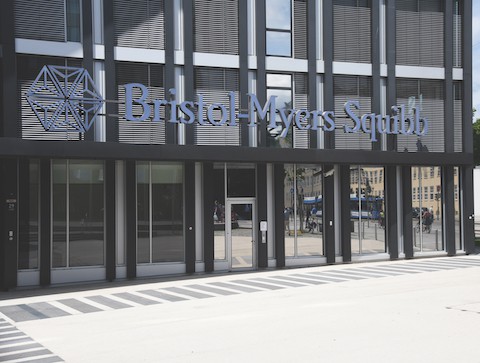
Bristol Myers Squibb (BMS) has announced that its plaque psoriasis treatment, Sotyktu (deucravacitinib), has been recommended by the European Medicines Agency’s (EMA’s) Committee for Medicinal Products for Human Use (CHMP) for moderate-to-severe cases.
Sotyktu is specifically indicated for adult patients who are candidates for systemic therapy and, if approved, would become the first oral, selective, allosteric tyrosine kinase 2 inhibitor in the EU for the treatment of any disease.
Plaque psoriasis is a chronic, systemic immune-mediated disease affecting at least 100 million people worldwide, including around 14 million in Europe and 7.5 million in the US.
Nearly one-quarter of those with psoriasis have cases that are considered moderate-to-severe, with many of these patients remaining under treated, untreated or dissatisfied with current treatment options, BMS reports.
Samit Hirawat, the company’s chief medical officer, said: “Today’s positive CHMP opinion is an important advancement for patients in the EU to address the unmet needs they face, and we’re proud to be one step closer to bringing this first-in-class medicine with demonstrated durable efficacy to patients in need.”
The CHMP’s decision was based on results from the pivotal phase 3 POETYK PSO-1 and POETYK PSO-2 trials, which evaluated once-daily Sotyktu in patients with moderate-to-severe plaque psoriasis versus placebo and twice-daily Otezla (apremilast), as well as an additional two years of data from the POETYK PSO long-term extension trial.
Sotyktu was shown to produce significant and clinically meaningful improvements in skin clearance, symptom burden and quality of life measures compared to placebo and Otezla.
The therapy is already approved in major markets, including in the US for moderate-to-severe plaque psoriasis, as well as in Japan for plaque psoriasis, generalised pustular psoriasis and erythrodermic psoriasis.
BMS also outlined that, in addition to the EMA, Sotyktu is under regulatory review by other health authorities for the treatment of moderate-to-severe plaque psoriasis.
The company also received a recommendation from the CHMP this month for Reblozyl (luspatercept) as a treatment for adult patients with anaemia associated with non-transfusion-dependent beta thalassaemia.
The decision was supported by results from the phase 2 BEYOND study, in which Reblozyl was shown to sustain haemoglobin increases in 77% of patients regardless of their baseline haemoglobin status.
Noah Berkowitz, senior vice president, haematology development at BMS, said: “The potential approval of Reblozyl for patients with non-transfusion-dependent beta thalassaemia represents an important development in the EU where several countries present with a high prevalence and where more people are impacted by the disease.”




